Chronic Warrior Collective (November 2020)
Issue Three- November 2020:
By Mercedes Barreto
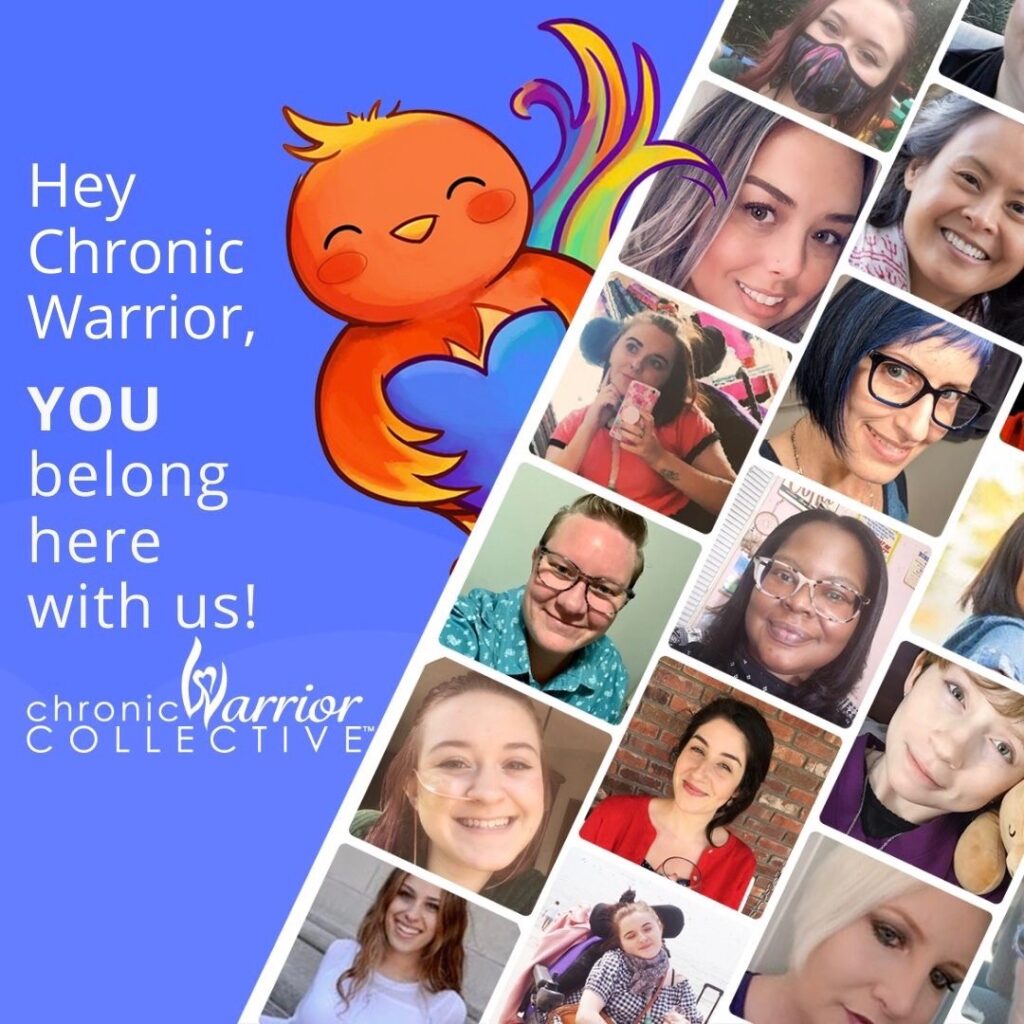
Mission Statement:
“The Chronic Warrior Collective is a safe space for chronic illness warriors to connect and have fun!
In our positive, drama-free network, warriors can cheer for others and be cheered for.
We celebrate the little victories on this long journey and give or find support when needed.
The Collective encompasses Chronic Warrior Coaching, the Chronic Warrior Card Swap, and our Private Membership Network.
We also encourage each warrior to share their own personal story about themselves and/or their animals – whether a beloved pet or a trained service animal.
These are presented on our website along with guest blog posts to bring awareness to the good population as well as give hope and insight to other warriors with similar diagnoses.
We believe that chronic doesn’t mean can’t and that, together, we can Crush That Chronic Lifestyle!”
Why is coaching so important to someone with a chronic illness and what motivates sessions between you and those you work with?
“One of the toughest parts about living with a chronic illness is how few people really understand what it’s like.
Having a chronic illness means there is never an end and you will likely have to deal with its symptoms on some level for the rest of your life – unless or until a cure is found. It’s truly vital to be able to work with those that do get how it impacts lives every day and how the illness itself can and will present obstacles to achieving goals.
Having worked with people with chronic illness as well as experiencing my own illness and those of my children for many years puts me in a unique place.
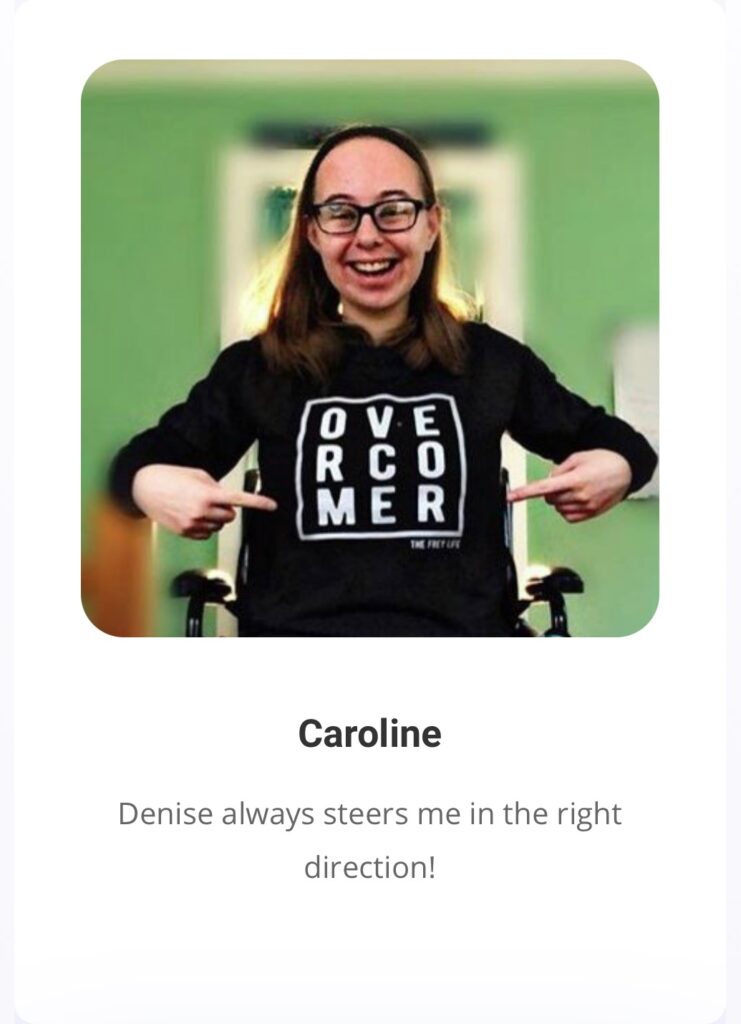
I will never say, “I know how you feel,” to a fellow “warrior,” but I do understand a great deal about it. I coach both formally and informally within and outside of the Chronic Warrior Collective and Network. I offer one on one sessions by phone or a virtual platform such as Zoom where clients or group members can work on a specific issue. Once we define the goals and obstacles to reach those goals, we can proceed with an action plan.
We will, then, revisit these in subsequent sessions until a problem is resolved or we find we need to re-evaluate and adjust the plan. I also do group sessions where members can present a concern and we problem-solve together to find appropriate and attainable solutions. Because chronic illness may interrupt goals and plans via severe symptoms or “flares,” hospitalizations, medicine changes, changes in familial or outside support, working with someone with chronic illness must always be flexible and adaptable.”
Why chronic illness? Is there a specific influence regarding your purpose via the mission at hand?
“I worked as a clinical pediatric social worker for many years in several children’s hospital systems. I’ve always had a heart for children and teens – as well as the families – going through medical issues.
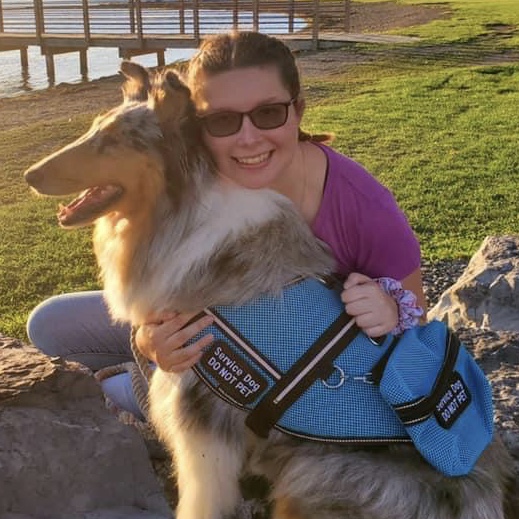
A few years ago, I was at a crossroads professionally and looking for the next step. A close friend whose daughter has juvenile arthritis and was approaching adolescence asked if I’d consider working with teens and young adults after seeing quite a lot of negativity on social media.
Once I researched programs available to that age group that was not diagnosis-specific, I found very little if anything for this population.
That’s when I started what is now the Chronic Warrior Collective. It started as “Chronic Connection” with a focus on 16-24-year-olds, connecting them, giving them a platform to be heard, and helping them to realize they are so much more than a diagnosis. It has evolved to include all illness groups for ages 13 and up, with our oldest member, being age 77.”
What are the terms to be coached by you or individuals on your team, and what are the standards when it comes to meeting those terms?
“It really depends on the type of coaching desired.
For our private network members, I’ll often have private chats here and there to help them work through a particular problem or concern. However, when private or family coaching is desired, the primary standard is that they must desire and be willing to problem-solve with doable solutions.
For example, if a parent and child want to work out driving or sleepover privileges, then we need to develop a plan of what expectations must be met for both to feel comfortable with the result. Working with mostly dependent teens as they transition into independent adults (or as independent as possible) requires goal-setting, working on those goals, and adjusting as needed. However, one of the most important points is whatever the agreed-upon result, if goals are met successfully, then they must be allowed the privilege. For instance, a parent of a teen with insulin-dependent diabetes may be fearful of allowing them to have sleepovers with a friend.
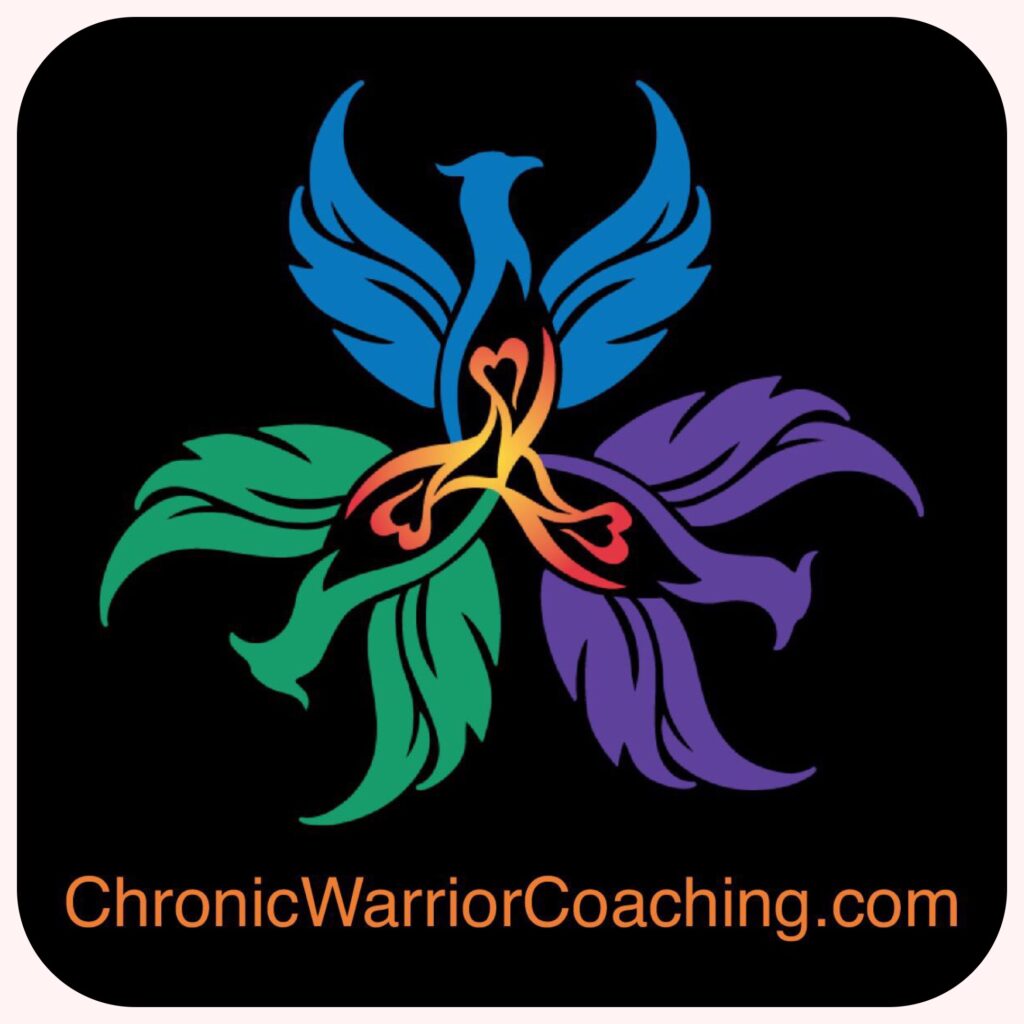
In addition to making sure there will be adult supervision in case he or she should need medical attention, they need to know that their teen won’t ignore symptoms or checking blood sugar levels when needed, or eat or drink something that would affect them very negatively.
In this case, we work together with both the parents and teens to set goals to work on at home that will build confidence for both of them and show that their teen is ready to try sleeping away from home – with safety parameters in place, of course.”
What are the chances that a chronic illness or disease will improve in some fashion or any measure when receiving coaching?
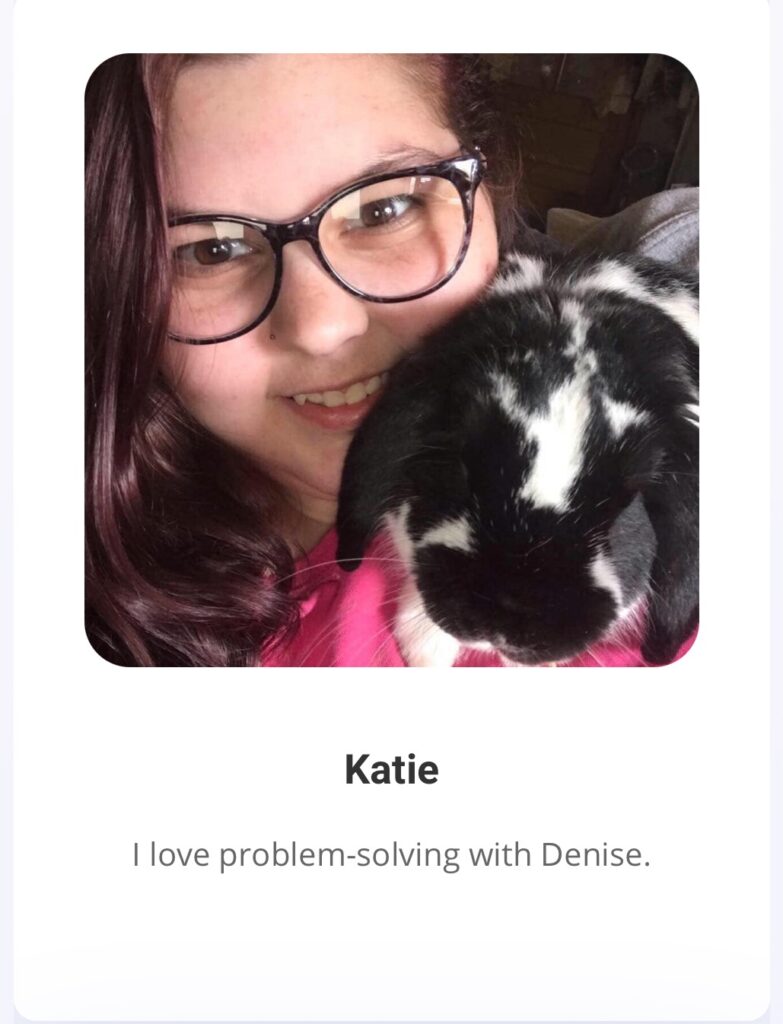
“The chronic illness or disease won’t improve with coaching, however, the attitude toward these can improve tremendously, making living with illness less about what isn’t achievable and more about what is. Chronic illness coaching builds confidence, supports the idea that a person is not their illness – they have an illness, and helps people make necessary shifts while recognizing that having to shift a goal or dream to something new isn’t a failure, it’s simply a different dream that could quite possibly open doors and a path they never would have pursued or achieved otherwise.”
What message would your organization like to share about its programs for those living with chronic illness?
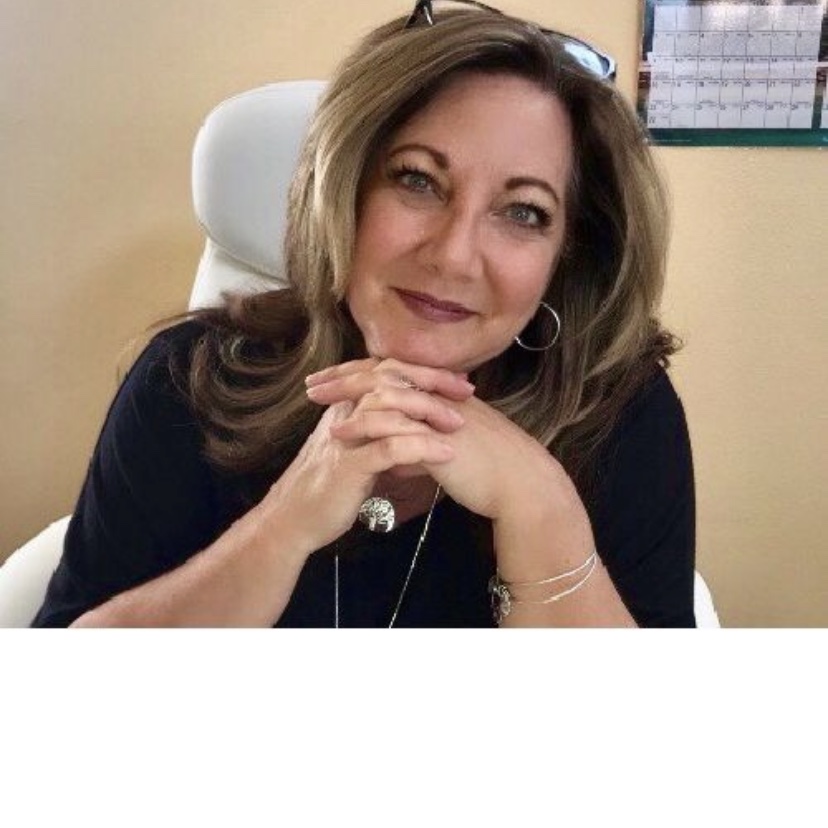
“YOU ARE NOT ALONE!!
Chronic illness coaching is really for those that are ready to move life forward or set new goals but aren’t quite sure how to go about doing so in a world where illness is seen as weakness and something to “get over.”
We know how strong and determined these warriors are – after all, they have to be as they were not given a choice. We’re here when they need someone who “gets it” to help them figure out how to navigate their next steps and each hurdle that presents itself.
In addition to coaching, we provide a safe connection with other chronic illness warriors through the global card swap and our private membership network, both of which are free of charge.”
(adsbygoogle = window.adsbygoogle || []).push({});
ManualMagazines.com
This website uses cookies to provide you with the best browsing experience.
